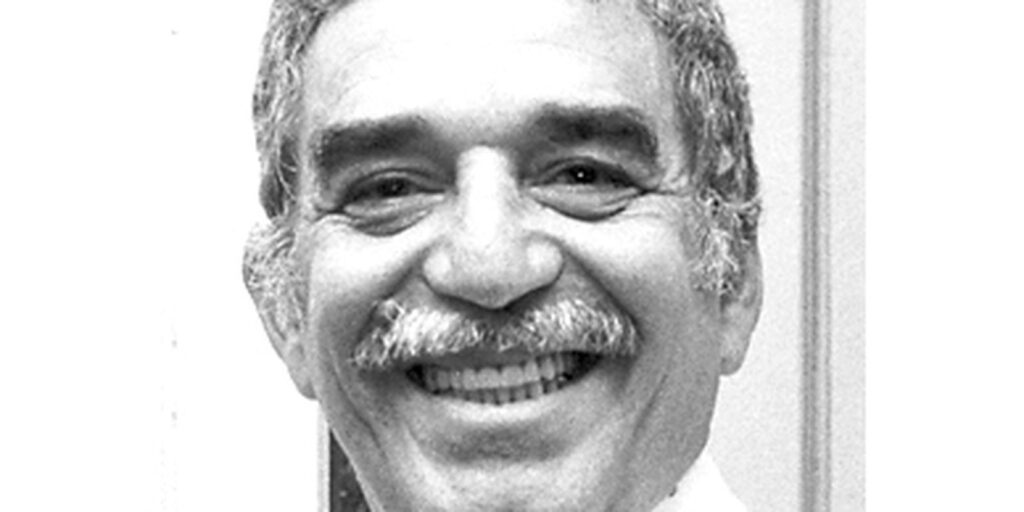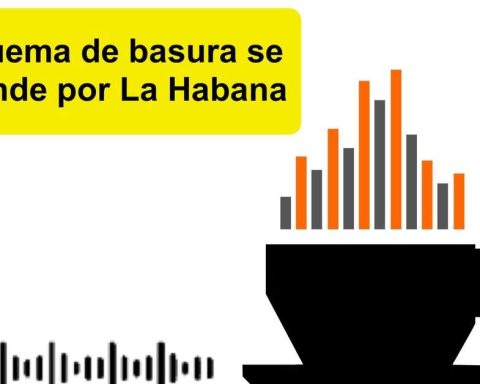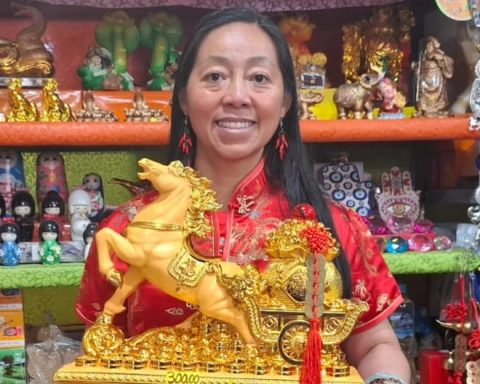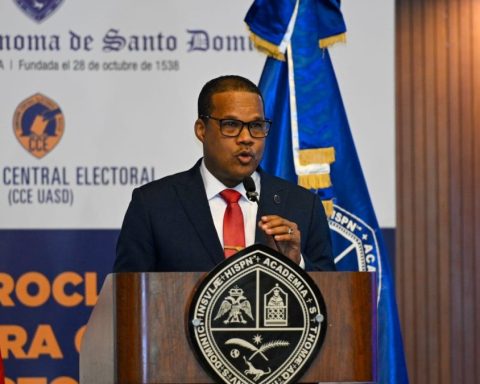L
he Nahua community of Milpa Alta, located in the homonymous mayor’s office, Mexico City, is made up of nine towns whose origin dates back, at least, to the historical stage that made the fall of Tula coincide with the Chichimeca migrations from North America to the center of the country, about a thousand years ago. Likewise, it is paradigmatic for various reasons: in addition to its importance in the Mesoamerican horizon, it is the largest community in the capital under the communal agrarian regime and guards a considerable part of the forests that allow the survival of the largest city in the world, at the same time that it is an agricultural power in the production of nopal.
The truth is that his agrarian file, together with that of San Salvador Cuauhtenco, a town with which he has been in a land dispute for more than 200 years, is over a century old and does not seem to be resolved any time soon. Between 1974 and 1980, the community developed a significant defense of their communal lands and their autonomy; managed to stop an ambitious real estate project that the federal government intended to impose on its mountains; stopped the concession for logging that the federal government had granted, for 60 years, to the Loreto and Peña Pobre Paper Company. Bypassing the corporate and indigenist policies of the time, it had an impact, through the Nahuatl Supreme Council (1975) and the founding of the Plan de Ayala National Coordinator in its territory (1979), in the formation of the emerging national indigenous movement and a peasant movement. outside the control of the State and the National Peasant Confederation.
On July 27, 1980, Daniel Pea Medina Aguilar, community representative of Milpa Alta and accomplice of the paper company, organized, almost secretly, a prefabricated Assembly communal for the election of a new representative of the agrarian community. Neither he nor the officials who protected him knew how to measure the accumulated social discontent and that day this character was lynched. This is an unfortunate event, a painful and sad lesson that apparently has not been well learned.
In 2018, Mr. Julián Flores Aguilar, general representative of communal property of Milpa Alta, died. After multiple vicissitudes and an amparo trial in between –the 1701/2018 of the tenth district court in administrative matters based in Mexico City–, whose sentence forces the Agrarian Attorney to organize the assembly for the election of new community representatives according to a community census of 1980, said assembly was held under the aegis of the anthropologist Alfredo Ramírez, representative of the Agrarian Attorney in Mexico City, on December 19 of last year. The meeting was preceded by the massive purchase of votes and in the same assembly community members who died years ago or who are disaffected voted; was carousels, crazy mice and multiple raccoons electoral.
Dozens of community members report that officials from the Milpa Alta mayor’s office and the Natural Resources and Rural Development Commission (Corenader), dependent on the local Environment Secretariat, would be behind these illegal practices, who would have supported one or more of them with public resources. another candidate. But, above all, multiple testimonies speak of the intervention in the process of the local deputy José Octavio Rivero Villaseñor, former mayor of Milpa Alta, who, according to many, would have supported one of the candidates and, through his operators, would have distributed water tanks to coerce the vote, to the extent that today it is commonplace to hear from the community members rotoplast.
As expected, the amparo judge did not consider the execution issued in file 1701/2018 to have been fulfilled and has ordered the reinstatement of the election process. It is therefore urgent to answer the following questions: will the head of government, the general director of Corenader and the mayor of Milpa Alta, Judith Vanegas, allow officials, employees and programs under her ascription to be used to violate the fundamental rights of the community of Milpa Alta? Will Deputy Rivero put his interests above an entire community?
Will the agrarian attorney allow the anthropologist Alfredo Ramírez to once again organize the long-awaited community assembly, despite the fact that he failed to comply with the execution of an amparo and severely affected the trust and rights of Milpa Alta?, a community that will once again have to wait an indefinite period to give themselves a communal representation that grants them certainty in the legal defense of their communal lands. The matter is not minor, since the chaotic Mexico City is linked to the fate of Milpa Alta.
* Lawyer from Ostula, member of the National Indigenous Congress
















